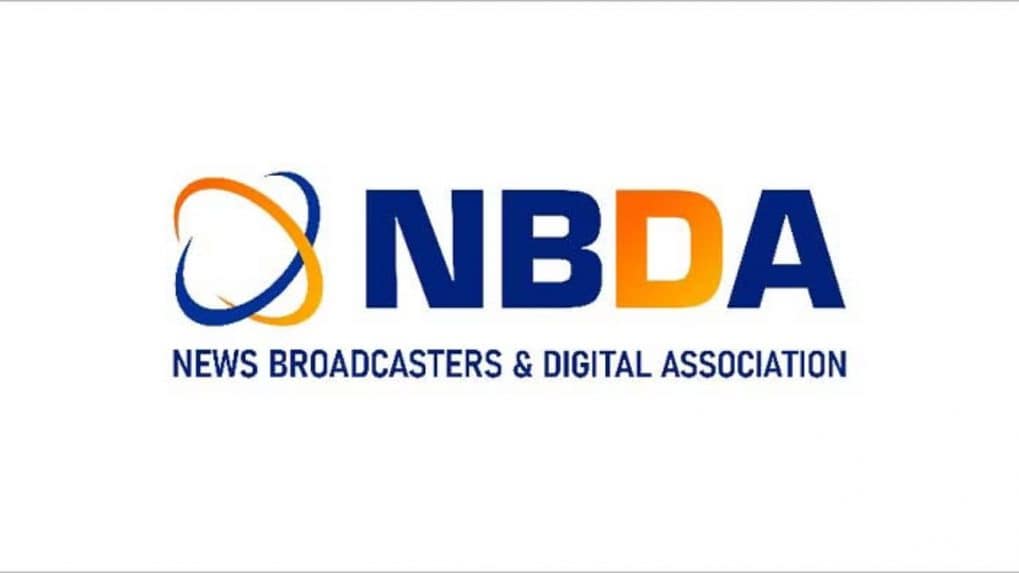How it Works
WPP, Havas, Omnicom: Are advertising’s biggest holdcos recasting agencies as AI Operating Systems?

The News Broadcasters & Digital Association (NBDA), the apex body representing India’s 24x7 television and digital news broadcasters, has urged Finance Minister and GST Council Chairperson Nirmala Sitharaman to address what it calls “pressing structural concerns” in the Goods and Services Tax (GST) framework that are hurting the financial health of the industry.
In a formal representation dated August 28, 2025, NBDA President Rajat Sharma, on behalf of the association’s members, outlined two key demands aimed at easing operational pressures on broadcasters: a shift in the taxation point for GST on advertising sales, and relaxation of restrictions on Input Tax Credit (ITC).
One of the central concerns flagged by NBDA is the timing of GST liability on advertising sales. Under the current regime, GST becomes payable at the time of invoicing, as mandated under Section 13 of the Central Goods and Services Tax Act, 2017. For broadcasters, this system has proven especially burdensome when dealing with government clients such as the Directorate of Advertising and Visual Publicity (DAVP), public sector undertakings (PSUs), and state governments, which are often known for delayed payments.
NBDA’s representation calls for a fundamental shift in the taxation framework — moving the GST liability from “invoice issuance” to “actual receipt of payment.” The association argued that such a reform would directly address the mismatch between tax outflows and cash inflows, reducing the financial strain on broadcasters who currently bear GST liabilities long before realizing corresponding revenues.
The letter states, "In some instances, the TV and digital news broadcasters may face difficulties in the collection of full or partial payments from Government billings. This situation may arise due to a variety of reasons, such as a change in Government. etc. In such cases, although the GST on the total amount has already been deposited, TV and digital news broadcasters may not receive the corresponding payments, resulting in a permanent financial loss for them."
The second major demand centers on Input Tax Credit (ITC) eligibility. At present, Section 17(5) of the CGST Act blocks ITC on a range of expenses that broadcasters incur regularly. These include vehicle hire, food and beverages, outdoor catering, beauty treatments, and insurance coverage for employees.
NBDA noted that these expenses are not luxury items but operational necessities in a 24x7 broadcasting environment. From employee transport arrangements to insurance coverage for staff working in high-pressure, round-the-clock settings, these costs are essential. The association argued that allowing ITC on such expenditures would reduce operational overheads, promote employee welfare, and create a fairer system for businesses in the broadcasting sector.
The letter states, "In view of the above, it is suggested that the news broadcasting industry should be allowed ITC on the aforementioned expenses incurred by them in the course of their business. It is believed that the proposed amendments will foster a more equitable business environment and support the growth and sustainability of the news broadcasting sector."
"NBDA acknowledges the complexities involved in GST operations and is willing to provide detailed feedback and participate in discussions to further elaborate its proposal. It is also ready to provide any additional information or clarification, which may be sought by the Council, pursuant to this representation."
From purpose-driven work and narrative-rich brand films to AI-enabled ideas and creator-led collaborations, the awards reflect the full spectrum of modern creativity.
Read MorePraveen Someshwar, Managing Director and CEO of Diageo India, joins the Grand Jury of the Storyboard18 Awards for Creativity, highlighting the awards’ focus on work that blends cultural relevance with strategic and commercial impact.